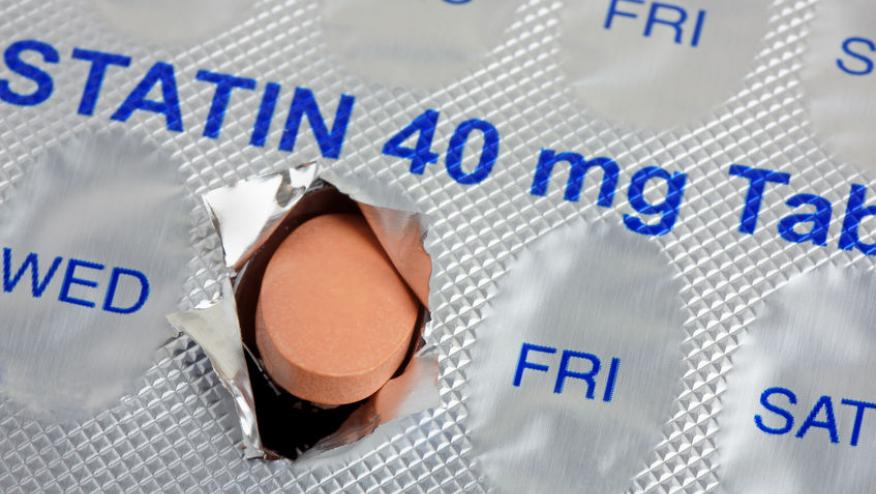Lovastatin Fails to Lower CRP and Activity in RA Save

Ridker and colleagues have shown that statins (3-hydroxy-3-methylglutaryl coenzyme-A (HMG Co-A) reductase inhibitors) are effective at treating hyperlipidaemia and lowering C-reactive protein levels; Aranaow and colleagues have shown that lovastatin, when given to rheumatoid arthritis (RA) patients with elevated CRP levels failed to significantly lower disease activity.
This randomized double-blind placebo-controlled 12 week trial compared lovastatin and placebo in 64 RA patients with mild clinical disease activity and an elevated CRP. The primary efficacy end point was the reduction CRP, with secondary end points including disease activity, RF and anti–CCP titres.
After 12 weeks, there were significant difference in CRP levels between the two groups and disease activity did not change substantially from baseline.
Post hoc analysis showed that a ⩾20% reduction in CRP was most likely to be seen in lovastatin treated patients who were not using biologic therapy (P-value = 0.007 vs. PBO). And no significant CRP changes were seen in those receiving biologics.
Thus the "antiinflammatory" effect of lovastatin is likely to be modest compared to other more potent therapies like biologics commonly used in RA.










If you are a health practitioner, you may Login/Register to comment.
Due to the nature of these comment forums, only health practitioners are allowed to comment at this time.